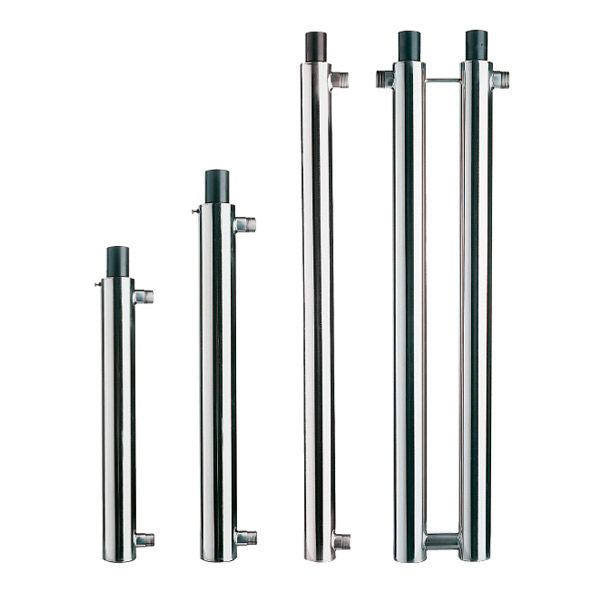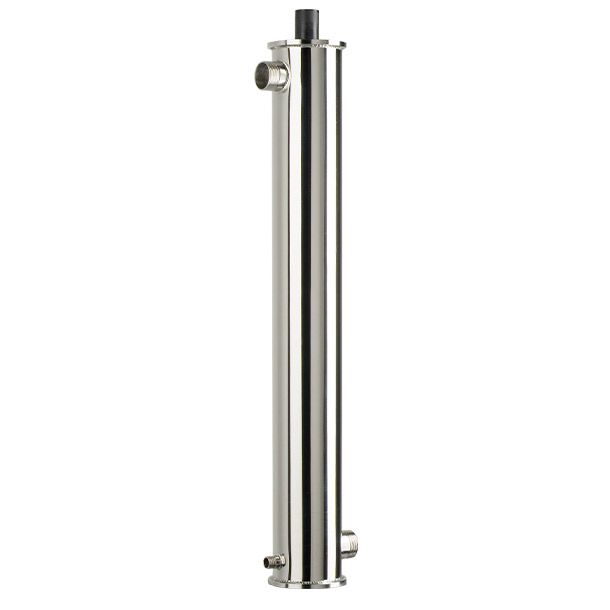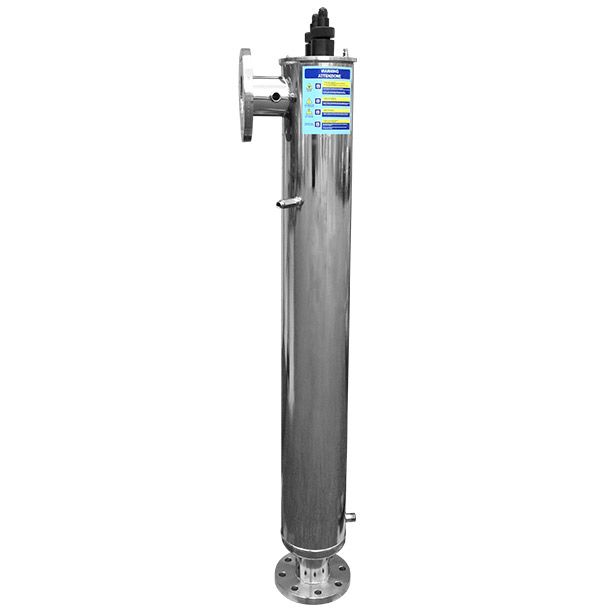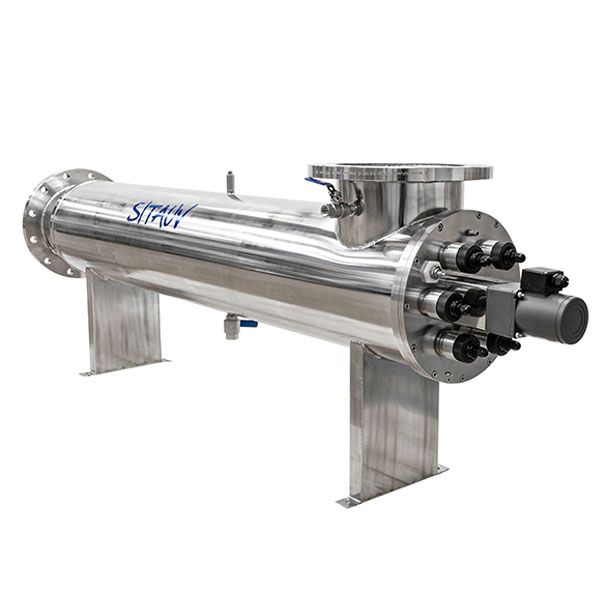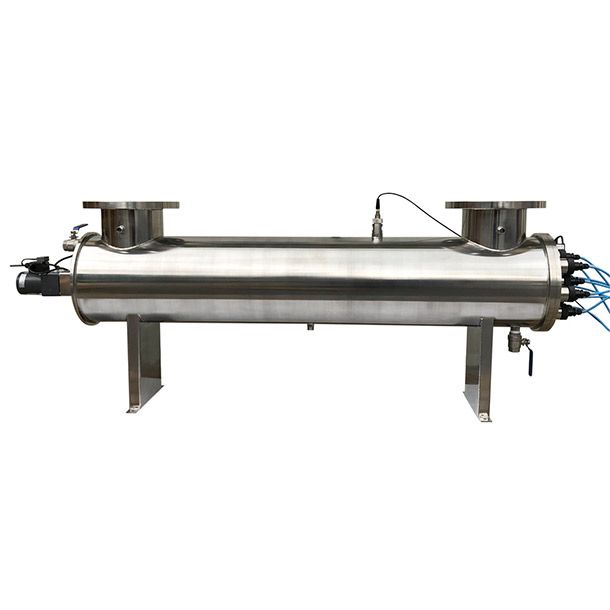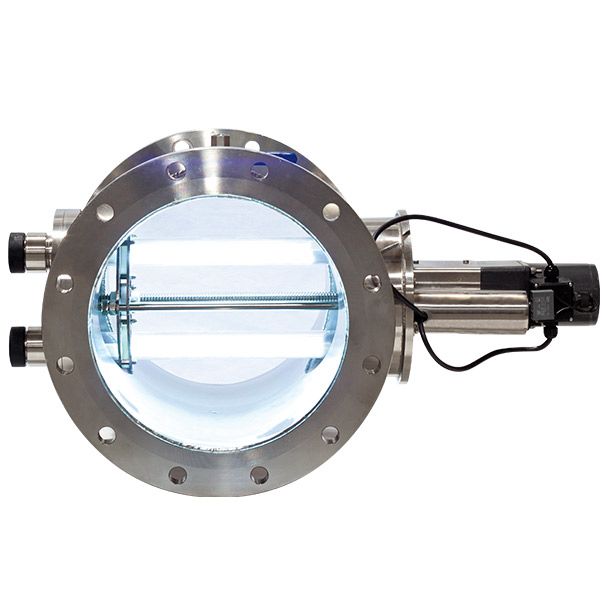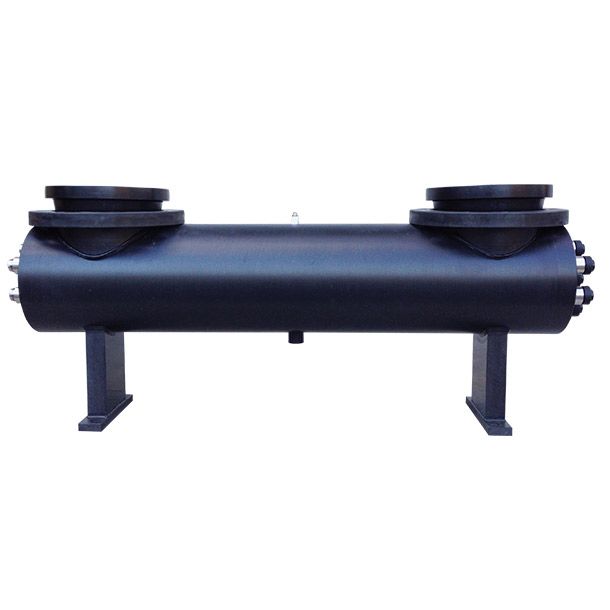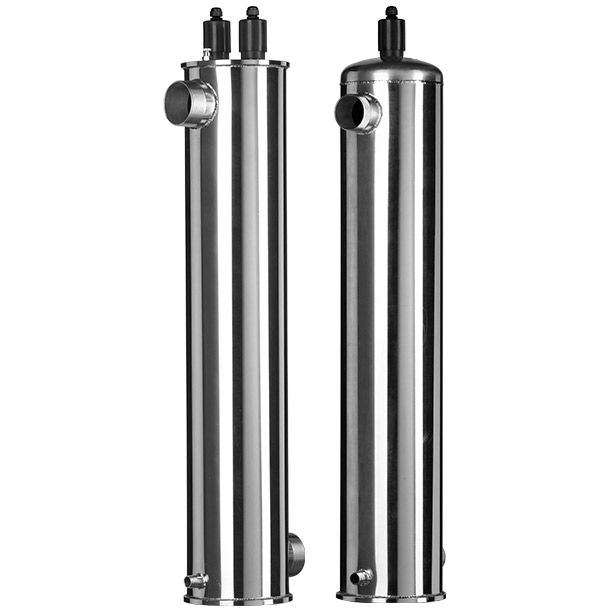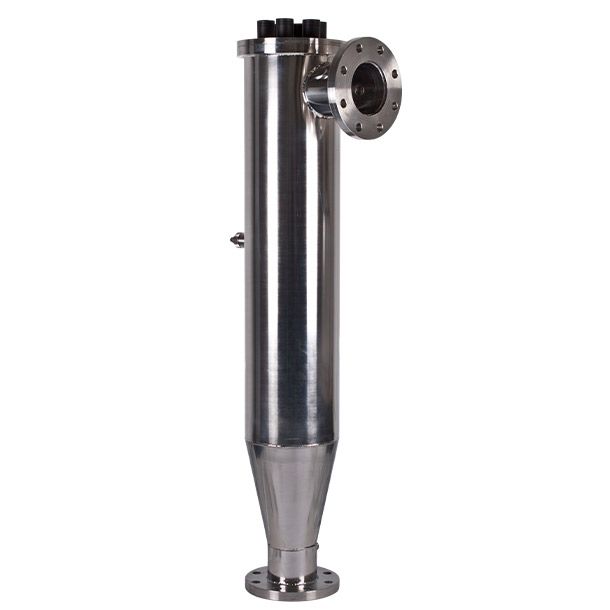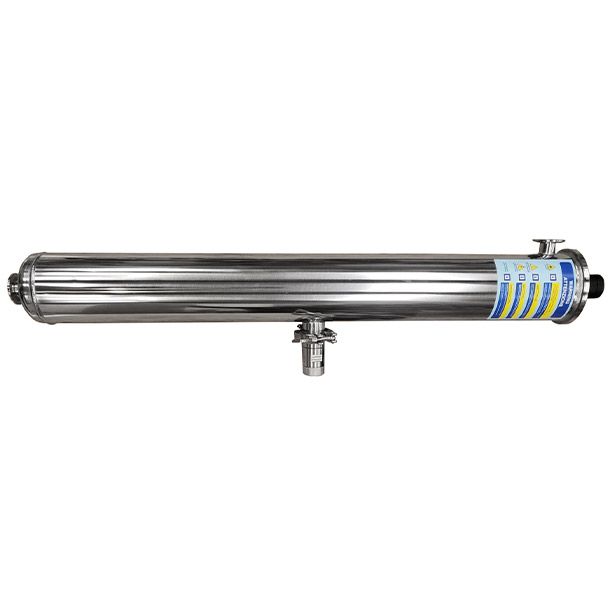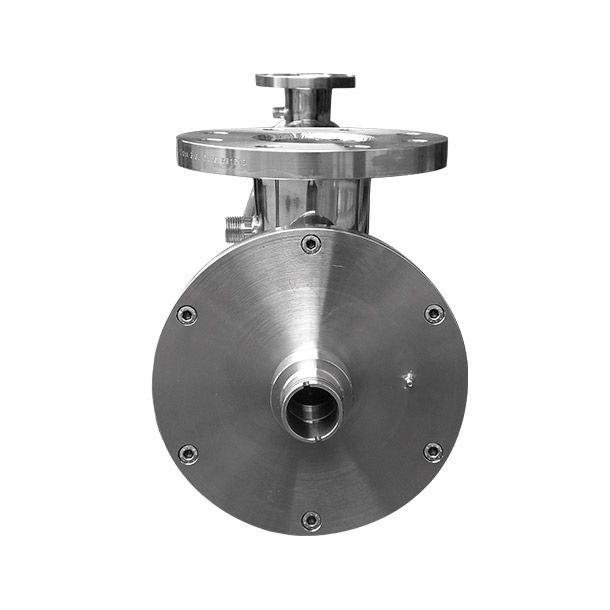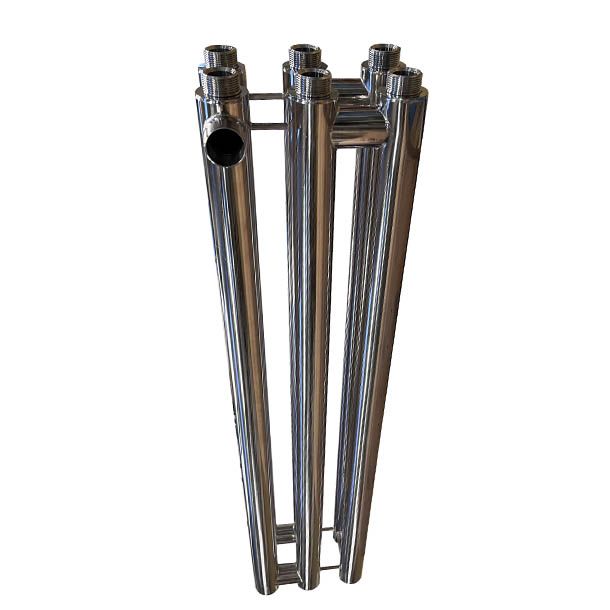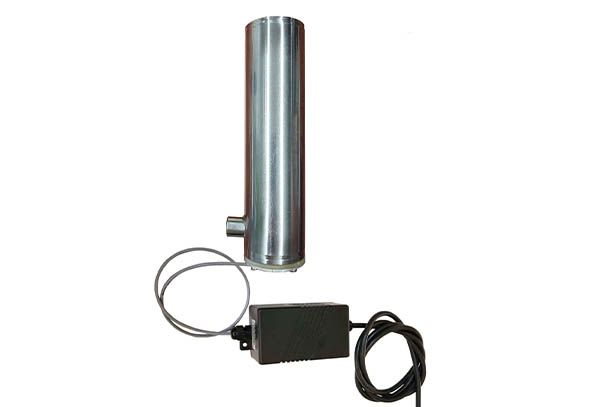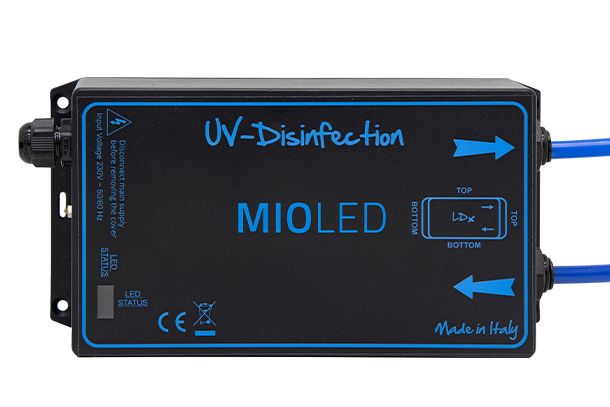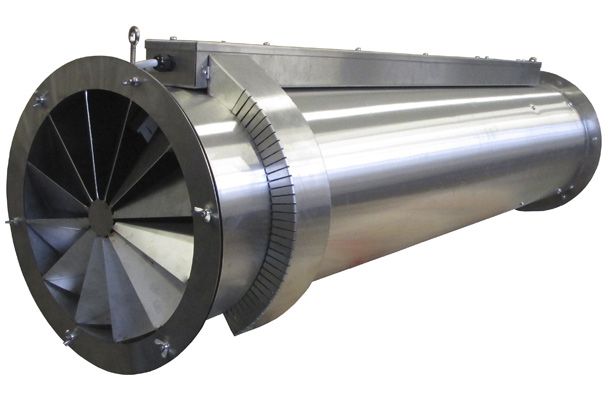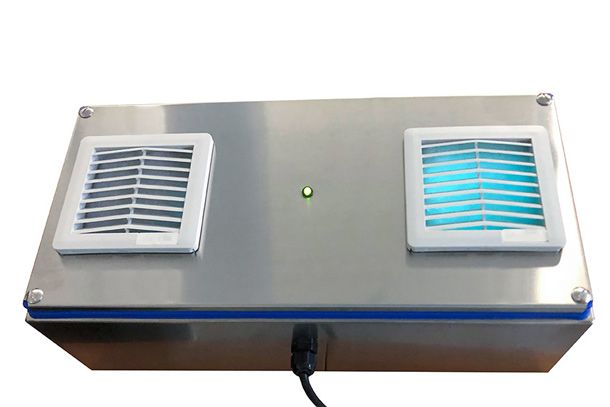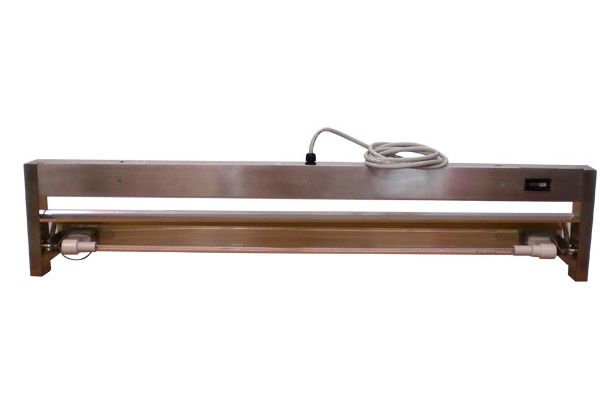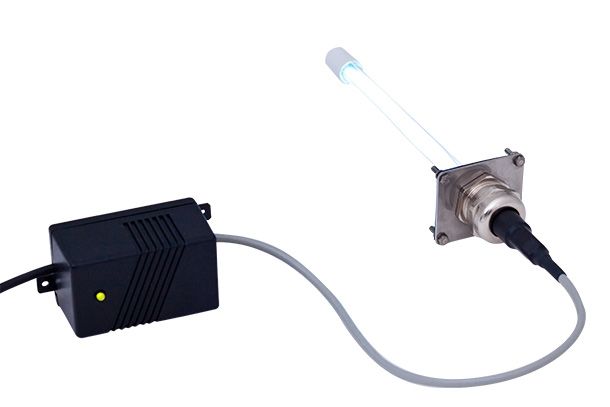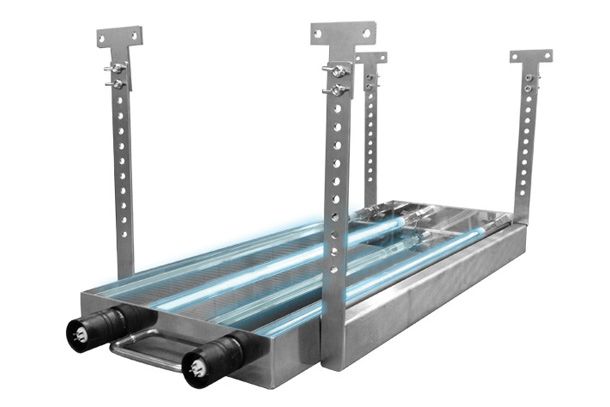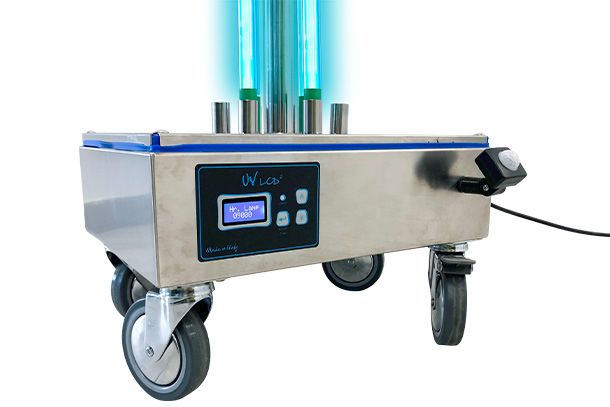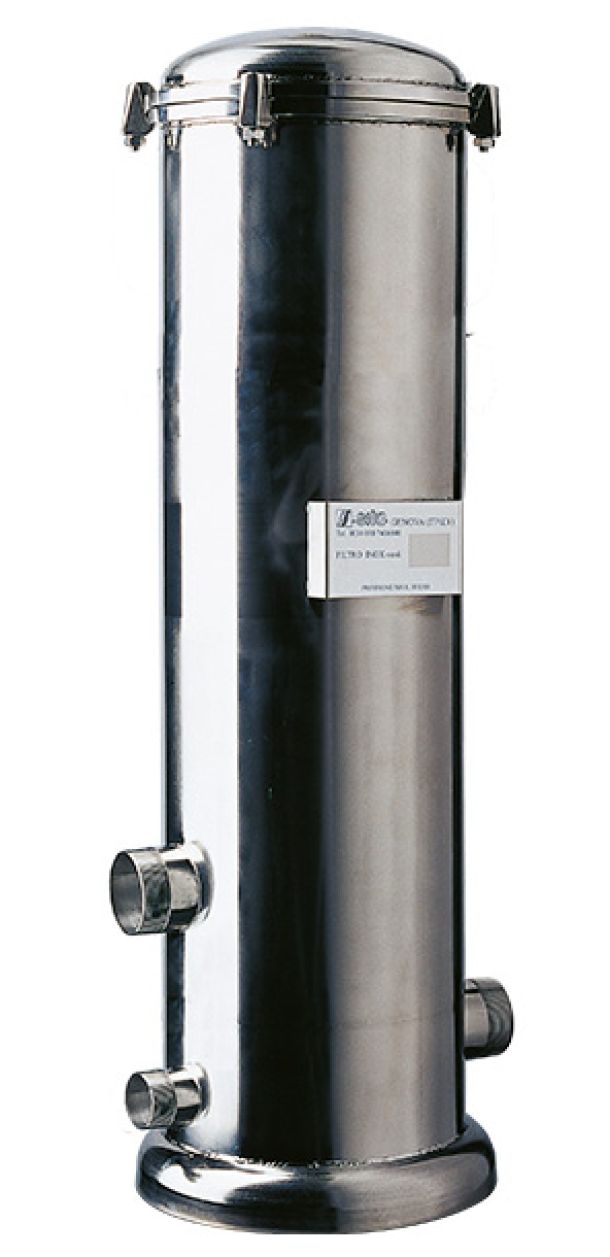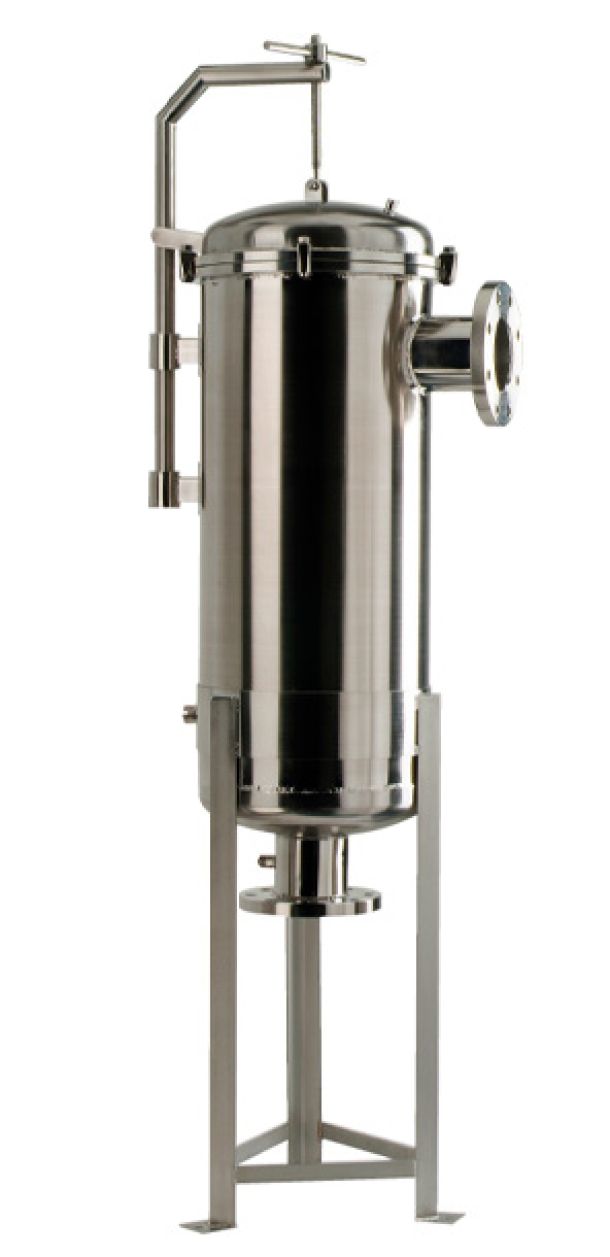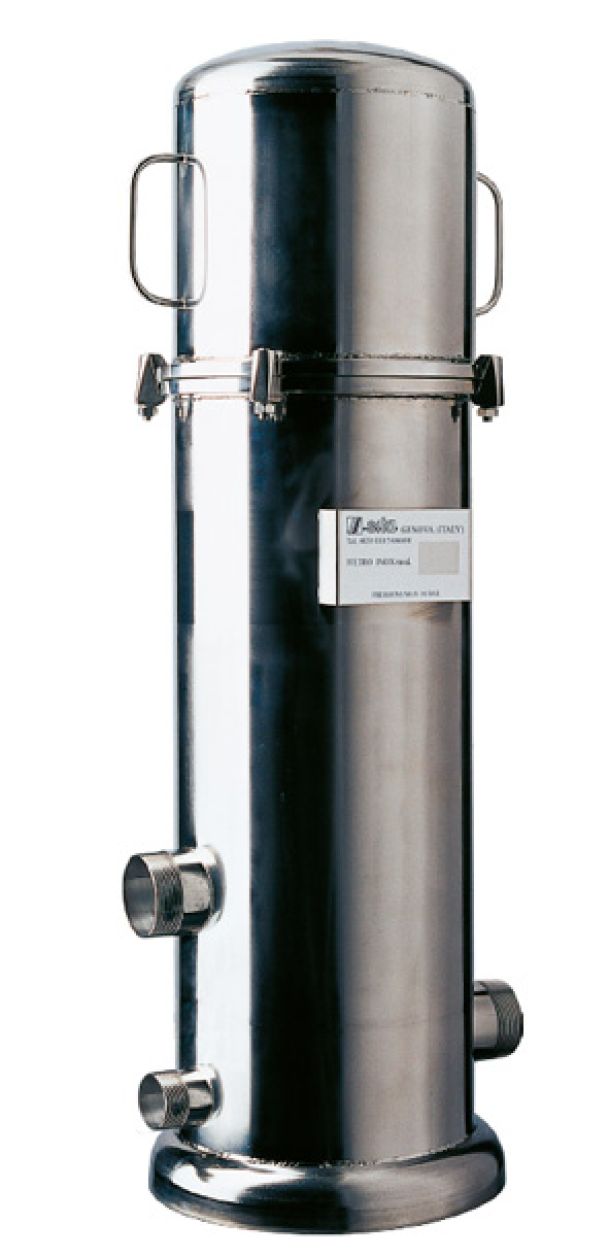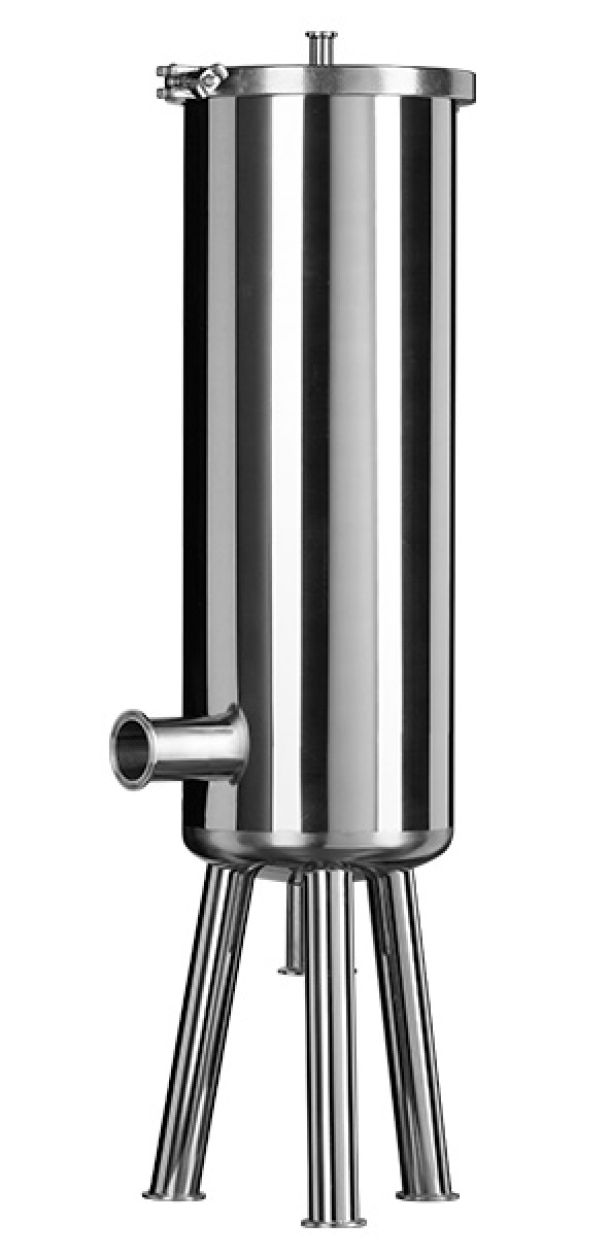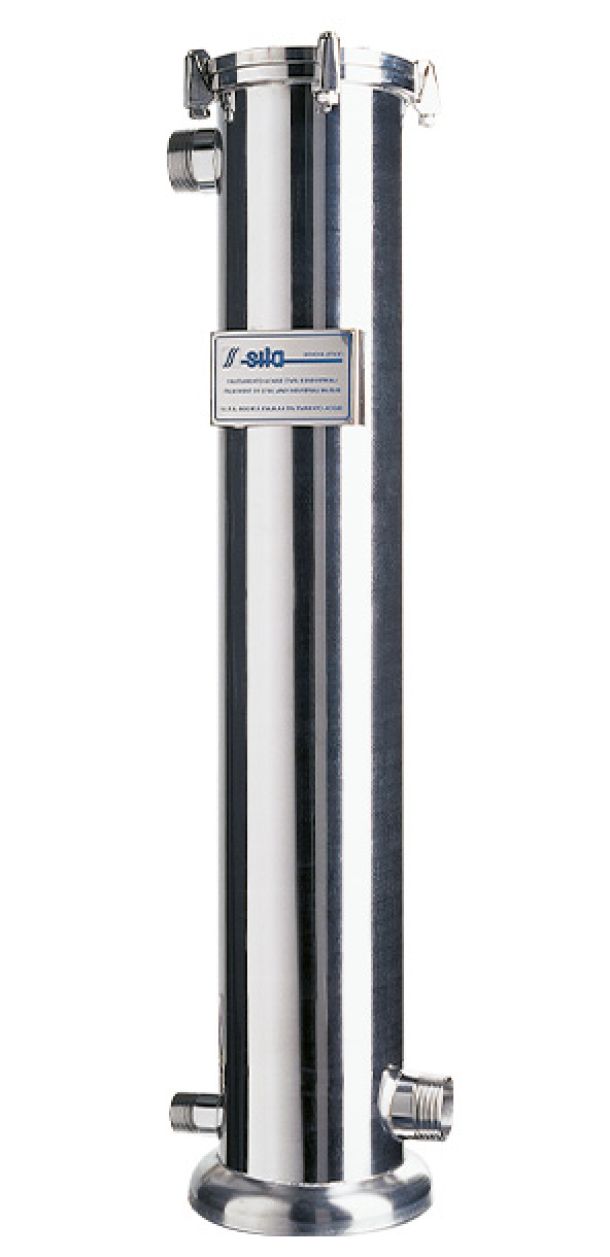SITA UV
Fiyat
SITA UV Over the years, SITA has various series of UV systems. Each series has been tailored to the specifc application and required flow rates. Each market, in fact, demands different sizing, materials, finishes, etc. Our technical department designs each UV system with a careful consideration of the application. SITA has developed a sizing program that, in co
SITA UV
Over the years, SITA has various series of UV systems. Each series has been tailored to the specifc application and required flow rates. Each market, in fact, demands different sizing, materials, finishes, etc.
Our technical department designs each UV system with a careful consideration of the application. SITA has developed a sizing program that, in conjuction with fluid dynamics software, provides all the necessary data for creating a high-perforrmance unit.
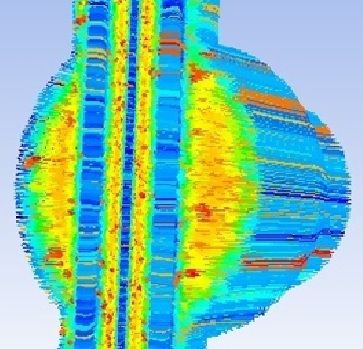
AL SERIES
LCD e Rack LCD SERIES
AM SERIES
440 SERIES
SBT SERIES
SMP SERIES
HDPE SERIES
POOL SERIES
IT SERIES
SSD SERIES
TOC SERIES
GR SERIES
General Principles of UV Lamp Disinfection
WHAT ARE UV-C RAYS
The small portion of the electromagnetic spectrum with wavelengths between 100 and 400 nm (thousandths of a micron) is defined as the range of ultraviolet radiation; UV-C are part of the subinterval characterized by wavelengths between 100 and 280 nm. Electromagnetic waves of different wavelengths and amplitudes induce interactions with matter of various kinds; of particular interest, due to its distinct germicidal power, is UV-C radiation with l= 254nm.

The future of UV disinfection
Green technology
LEDUVC disinfection systems do not contain mercury like traditional lamps. Current technology allows for the treatment of small flow rates, from 2 to 10 liters per minute.
The perfect solution for every faucet at home, in the office, at the restaurant, at the sports center, at the fair, at the mall, in a camper, on a ship.
UV107LED
MIOLED

Air and surface UV treatment
SITA has been operating in air and surface treatment for years using UV lamps. The operating principle is the same as that used in water, reducing bacterial load in the air or on surfaces.
The fields of application for this type of system are numerous: waiting rooms, cinemas, operating rooms, hospital premises, offices, classrooms, air conditioning systems, homes, food and pharmaceutical industries, laboratories, animal breeding facilities.
MC
MCmini
MQS
UV 405 – 412 AIR e AIR Q
UV BOX
UV TOWER

Water is an important resource that humanity must protect. Intensive industrial use is contaminating it with chemical and organic substances. These substances are subjected to conventional treatment with insufficient results (which do not meet current regulations). But wastewater is being discharged into our sea, rivers, lakes, and soil with a high risk of contaminating our water resources to be used or reused. The same happens with industrial air pollution.
On the other hand, urban wastewater is increasingly polluted by well-known and emerging contaminants.
Water, wastewater and industrial gases need AOP (Advanced Oxidation Process) to remove organic and non-organic material.
Increasingly stringent regulations are forcing industries to use increasingly effective treatments.
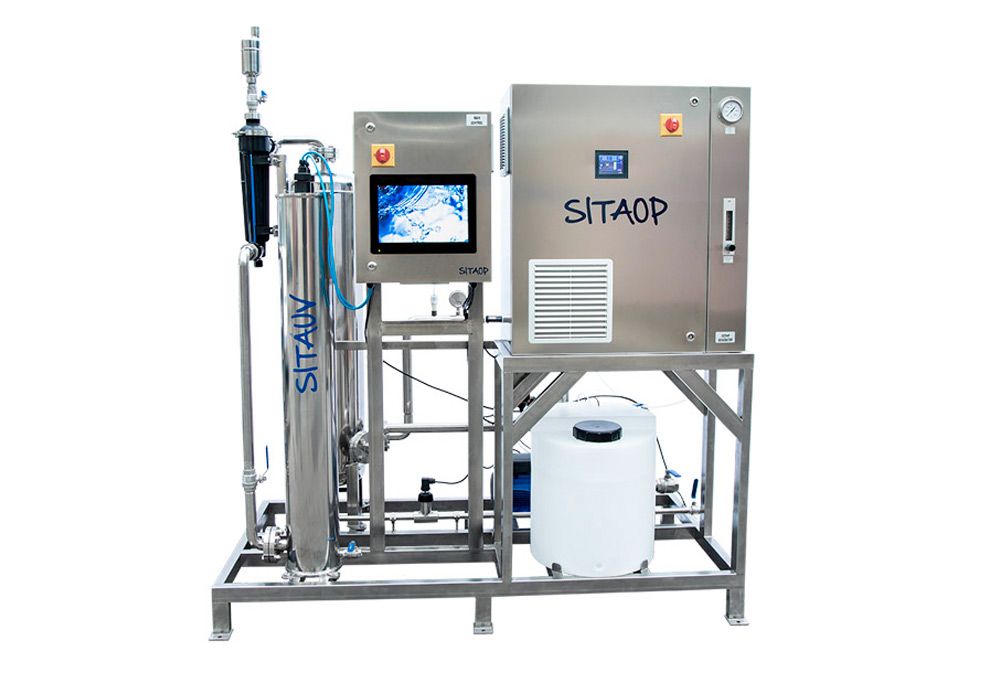
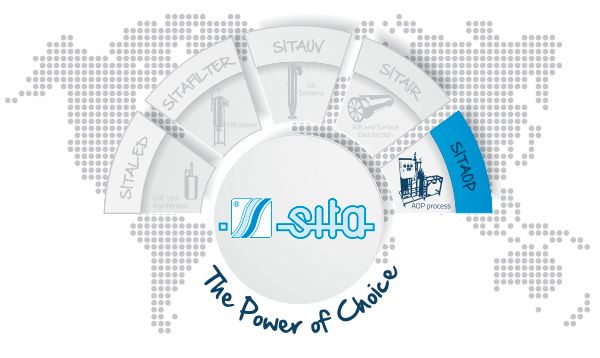
What is AOP
A complex process that combines different technologies to generate hydroxyl radicals for the oxidation and degradation of contaminants. Three well-known treatments - Peroxide, Ozone, and UV Rays - are used in all possible combinations. The right configuration, whether using one, two, or all treatments, is studied on a case-by-case basis to achieve perfect synergy and the best results.
Why AOP
The SITA-AOP unit is the natural evolution of SITA's experience in UV technology and water treatment in general. SITA engineers have been engaged in the design and production of AOP treatments for many years. This experience, in combination with SITA's global partners and customers experienced in all types of fluid/gas treatment, leads to the best solution in terms of EED (Electrical Energy Demand) and chemical consumption.
THE MOST COMMON POLLUTANTS ARE:
- Volatile organic compounds (Voc)
- Polycyclic aromatic hydrocarbons (PAhs)
- Polychlorinated biphenyls (PCBs)
- Total organic carbon (TOC)
- Tetramethylammonium hydroxide (TMAH)
- Methyl pyrrolidone (NMP)
- Dimethyl sulfoxide (DMSO)
- Glycols
- Alcohols
- Urea
- Ibuprofen
- Pesticides
- Odor, color and taste
- SITAFILTER
Production
With the Genova series of industrial filters, SITA offers a range of systems able to satisfy the most particular needs. Stainless steel body, simple construction and the possibility of using filter elements made of stainless steel (GE models) polypropylene or other material (GEM models) make the Genova series filters one of the most complete and versatile ranges on the market.
The simple principle on which water filtration is based is effectively realized with the GENOVA SERIES FILTERS.
Constructed in every part in polished stainless-steel inside/outside, they are resistant to wear and mechanical stress in general, impervious to sediment (all parts in contact with water being smooth and without porosity), and particularly suitable for primary water treatment.
GEM series
GEM/S series
GE series
GE/S series
GEM 222 series
GE/CS series

 tr
tr  English
English Russian
Russian العربية
العربية German
German

